Research
We actively engage on public policy and legislative developments with the Irish Government, the Houses of the Oireachtas, the European Commission, European Parliament and international bodies. We provide information and data on a range of policy areas that help others understand the role and function of the collective management of rights, and by definition, the role of the Irish Music Rights Organisation.
We are open and constructive in our communications with political and regulatory audiences. The Irish Music Rights Organisation does not support or align ourselves to political parties and we don’t make political donations.
Recent Research Studies
The creative and cultural industries (CCIs) have shown exceptional resilience to the economic crisis and are well-placed to grow further in the future due to their role as forerunners in digital innovation.
-

This publication, based on exclusive data from over 120 countries, provides a unique comprehensive overview of the key data and trends in the collective management of authors’ rights.
-
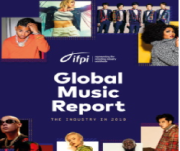
An overview of developments in the recorded music sector in 2019, topline data and a look at industry partnerships and more.
-

Music contributes more than €700 million to the Irish economy. The Socio-Economic Contribution of Music to the Irish Economy, commissioned by the Irish Music Rights Organisation (IMRO) and produced by Deloitte, sets out a number of recommendations to maximise the contribution of music in Ireland, including the development of a National Music Strategy.
-

This report examines the policy, funding and training opportunities and challenges for the music for screen sector in Ireland and discusses how best policymakers, funders, composers and the broadcast community can collaborate to encourage the growth and development of music for screen in the future.
-

Quantifying the economic and cultural impact of live entertainment in Ireland for the first time, this work is a ground-breaking independent piece of research.
-
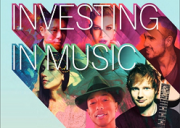
Investing in Music details record companies' global investment in discovering, nurturing and promoting artists and their music. The report highlights the extensive ‘behind the scenes’ work performed by teams of professionals at record companies supporting these efforts.
-
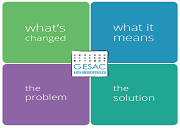
“Use of cultural content online : from transfer of value to a fair ecosystem” is a broucher that aims to explain in simple terms what transfer of value is, how it affects creators, and what can be done about it.
-
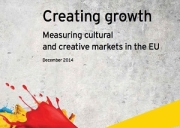
"Cultural Times – the First Global Map of Cultural and Creative Industries", a comprehensive analysis of the economic and social contribution of the cultural and creative industries worldwide.
-
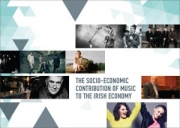
Gain an insight into how Ireland's music industry contributes to our cultural and economic landscape.
IMRO Position Papers
-
Enabling the creation of a fair, accessible and sustainable music industry in Ireland – IMRO Pre-Budget Submission July 2023
-
Global Creators and Performers Demand Creative Rights in AI Proliferation
-
The new press publishers’ right and the creation of a well-functioning marketplace for copyright in the EU
-
The Complex Intersection between Copyright and Artificial Intelligence
-
European Copyright Law, from the Printing Press to the Digital Age – A Journey of Constant Change
-
The Copyright Directive | Addressing the Value Gap
-
Copyright Is Not Regulation It Is An Asset
-
Artist Exemption Scheme
-
Developing Ireland’s Music Industry
-
Music Streaming
-
Does the Political System Value Music?
in this section…
Music Creators
- Affinity Schemes
- Join IMRO
- Benefits of IMRO Membership
- IMRO Mobile App
- Members’ Handbook
- About Copyright
- Royalty Distribution Schedule
- IMRO Distribution Policies
- Competitions & Opportunities
- Travel Grant Form
- Irish Radio & Useful Contacts
- Other Music Bodies in Ireland
- Affinity Schemes
- Music Creator FAQs
- International Partners
- International Touring Guide
Music Users
- Do I Need a Licence?
- Sign Up for a Music Licence
- Pay Your Licence Online
- IMRO and PPI Tariffs
- Dual Music Licence Explained
- Music Licences for Businesses
- Music Licences for Live Events
- Music Licences for Broadcast & Online
- Music licences for Recorded Media
- Music Services B2B
- Music User FAQs
- What’s Your Soundtrack Campaign
- Terms & Conditions for IMRO Events Voucher Competition
- Cookie Policy
- Privacy Statement
- Disclaimer
- www.imro.ie
- Terms & Conditions
- © IMRO 2024
- Registered Number: 133321
Please select login
For Songwriters & Publishers
For Business Owners
